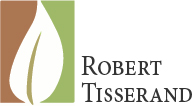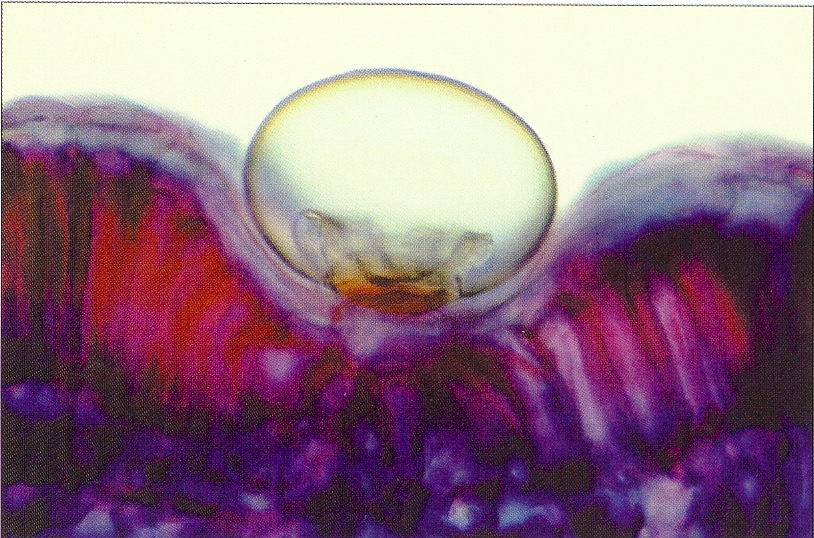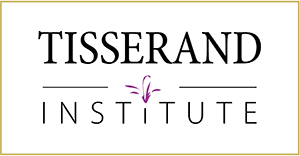The following text is the editorial comment in Medicinal & Aromatic Plants, Vol. 1 issue 1 2012. I have reproduced it in full as it expresses my own sentiments more eloquently and economically than I could do myself. The editor is Paul Schnitzler, who works at the Department of Infectious Diseases, University of Heidelberg Medical School, Germany.
“Plants produce primary and secondary metabolites, which have been exploited by humans for many different beneficial purposes. Many secondary plant metabolites, e.g. terpenes, terpenoids, alkaloids and phenolic compounds have been well characterized. Essential oils are considered the chemical weapons of plants, as their compounds may deter insects or protect plants against bacterial and fungal infections. They also act as plant pheromones to attract insects. In traditional medicine, lots of plant products have been widely used for the treatment of neurologic diseases, cancer, inflammation and infectious diseases and plants represent an abundant source of new bioactive secondary metabolites.
According to the Communicable Diseases Centre in the US, about one third of prescribed antibiotics were inappropriate thus stating an overuse and misuse of antibiotics. Essential oils are also highly active against multi-resistant Staphylococcus aureus (MRSA), one of the so-called hospital super bugs, as well as more common and well-known infections like herpes labialis. In addition to antibacterial and antiviral effects, essential oils have been shown to possess many useful pharmacological properties, often being more effective than conventional drugs and revealing fewer side effects.
Although the number of published papers on anti-infective properties of medicinal plants is increasing during the last years, most of these papers seem to somehow disappear and do not attract physicians and pharmacologists. On the other side, there is often lack of finance to continue research to the clinical trial level. This area is largely dominated by pharmaceutical companies, who can afford costly clinical trials. It also seems that natural and complementary therapies are pushed aside by pharmaceutical companies.
Although there is no shortage of research on the antimicrobial effects of medicinal and aromatic plants, it is somehow ignored in industrialized countries. Prescribed drugs are more convenient for patients and physicians, although natural products might offer an alternative in treatment of many different diseases. In resource-limited countries, conventional medications are often not affordable or not available and consequently natural products are the medication of choice.
Our goal is to provide scientific results that can be reproduced by others, thus standardized plant products are required. If more standardized and only high quality natural products are used in basic research as well as in clinical trials, the critics might be convinced and acceptance of medicinal plant products might be increased. Investigators are also encouraged to explore the potential of phytopreparations in combination with synthetic drugs in order to enhance pharmacological actions. High quality plant products and more clinical trials are urgently needed to establish rational phytotherapy.”



This is exactly what I was taught 20+ years ago by Pierre Franchomme. Nothing has changed other than more evidence to prove how effective plants really are. It’s all down to greed and money ~ Pharmaceutical Companies, there is less money in Plants & Essential Oils, they are less productive even though they are more effective, thereby minimizing usage = less money for the Big Companies. What is needed is one [or more] of the pharmaceutical companies to come on board and promote the use of Plants and Essential Oils only then will good things happen. They need to realize plants and orthodox treatments can work side by side in perfect synergy. Maybe one day this will happen, here’s hoping 🙂
Wonderful article, and thank you for bringing it to our attention. Now, heaven forbid anyone making essential oils (or other botanicals) available should indicate that their products could possibly have the effects indicated in this article…the FDA will be all over you, with nastygrams and demands that you either stop selling the product or, at the very least, stop telling people what it can do. What a strange world we live in.
Excellent points but he caves at the end – standardization?
The chemistry aspect of EOs is the “steak” it seems to me: the cross-cut, it is a snapshot at one point in time, and even so not totally reliable with present methods of investigation. The biological aspect is the “fillet”, the longitudinal view. (That’s such a horrible analogy that I can’t get it out of my head!) I think the magic of essential oils is inseparable from their volatilty; the chemistry of a newly distilled oil is surely different from that of a 6-month-old one – standardization may be helpful to better understand a synthetic sructure, but insisting that the EO submit to that actually trivializes the power inherent. In the end, I can only trust my sources, which takes time, but that’s okay too.
I can’t agree that present methods of essential oil analysis are not reliable. That’s how we know that the chemistry of a distilled oil is different to the oil in the plant, and how we can detect the changes as a EO ages. But these changes are not always negative ones. To put the standardization issue in context – in Germany plant medicines are more accepted in the mainstream than in any other country outside of China. Because of this, there are calls there for increasing standardization, which may be a small price to pay for broader acceptance. There are many pros and cons of standardization, and different ways of approaching it. Perhaps a discussion for another day..
Wonderful article Robert, thank you for sharing your wisdom with us all! It is such a ripe and exciting time in the world of essential oils. So happy to be sharing in the excitement with you!
Thanks Robert once again for bringing this information to us. I saw this a few days ago, but really wanted some time to ponder (one of my favorite words as I get older) the implications. I certainly understand the practicality of standardization, but that’s basically what the pharmaceutical companies did with other naturally produced chemicals (i.e., digoxin as only one of many other examples.) What I’ve seen in the medical field is all the damage that has been done to people having to take these standardized drugs and the side effects that take 3 to 4 pages of an 8×10 inch magazine to report. I’ve seen these up close and personal. I also understand that we might want to seduce the pharmaceutical companies to be interested in a partnership. I can just tell you that I believe completely that we would then be “sleeping with the enemy”. They don’t want anything other than to be able to patent whatever they can and make lots of dollars from it – their investors demand it. They don’t care if it harms someone and, in fact, spend lots of money trying to hide that fact. The age old “don’t mess with Mother Nature” stands true now as much as it did then. Synergy is powerful and if you take “nature” out of it, it just will be like every other pharmaceutical that is responsible for so many deaths each year. I don’t mean to go on about this, but it is important to our industry to join together and decide how we want to proceed. I also realize that a lot of the successful studies (meaning showing a chemical constituent works quite well) are done with isolates. But they don’t show what these isolates would do or how they would behave long term without Mother Nature’s balance included. It might appear to us that we need to partner with the pharmaceutical companies in order to get valid studies done, but I just think there is a better way – we just haven’t found it yet. And we won’t find it unless we form a cohesive group known as the aromatherapy industry.
Ann, I think you are reading too much into this. It was written as an editorial in Medicinal & Aromatic Plants, and the main thrust of the text talks about how essential oils (and plant medicines generally) have been sidelined by pharmaceutical companies, in spite of now proven benefits. There is a global movement to have plants more widely accepted as medicines – not active ingredients (aka drugs) because yes, we have already seen the results of that policy. You can’t compare standardizing plant medicines to manufacturing a drug that has to be 99.9% pure. They are not the same thing at all. Many essential oils are already standardized though ISO – tea tree, peppermint, and many, many others. I don’t see that any harm has come of this, nor would in future. This is not about “seducing pharmaceutical companies” – they are not about to move into plant medicine!
Fabulous ! Now to regulate Aromatherapy / Aromatic Therapy / Aromatic Medicine & all Essential Oil platforms in Australia … and get them out if the hands of MLM brands and back into the hands of trained qualified professionals!!!!
Great article ?